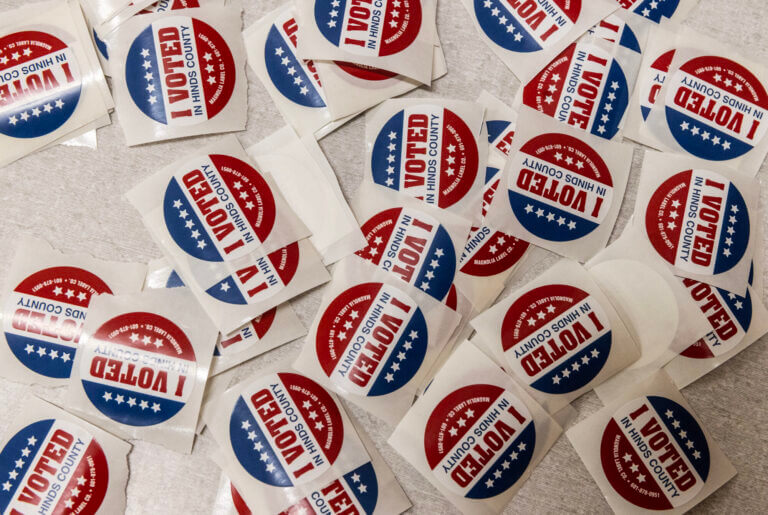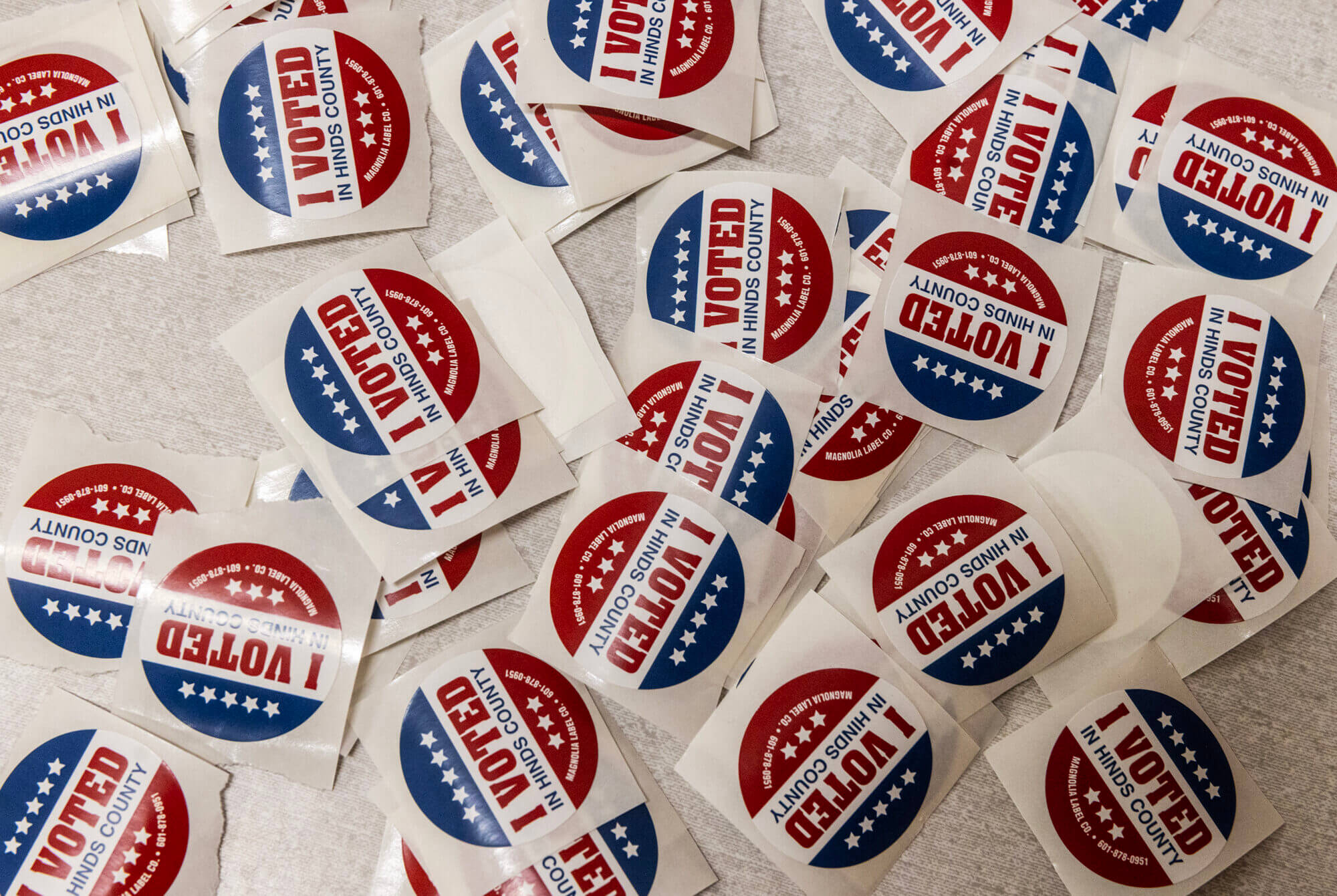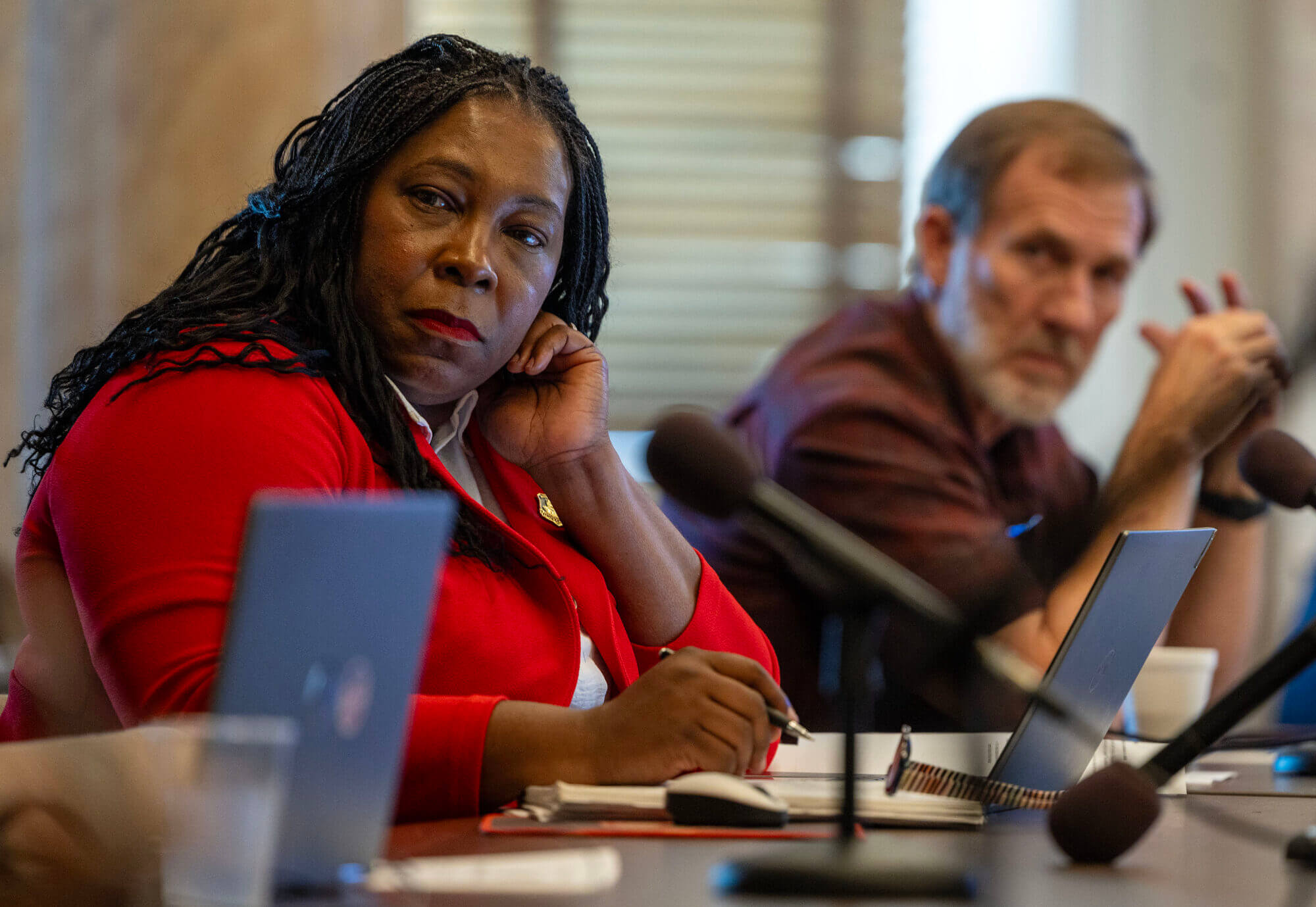

Seldom in the history of the state has the Legislature passed laws, without being forced to by the federal courts, to make it easier for Mississippians to vote.
As COVID-19 spread in 2020, Mississippi legislators and election officials were criticized by national groups because of their nominal efforts to accommodate voters during the deadly pandemic. In the midst of the health scare, Mississippi legislators took one step to improve voter access.
Granted, it was a small step, but by Mississippi standards perhaps a landmark event. The Legislature amended state law to allow mail-in ballots to be counted if they arrived in the circuit clerk’s office within five days after Election Day.
Republican groups are now asking the U.S. Supreme Court to rule that a law passed by the Republican-dominated Mississippi Legislature is unconstitutional.

Never mind that Mississippi is one of only three states in the nation that does not allow some form of no-excuse early voting – in person, by mail or both. Never mind that many of the people who are allowed to vote by mail – if they have an excuse – must have two election documents signed in front of a notary public to do so. In many cases, the mail-in ballot request must be notarized and then the envelope that is used to return the ballot via mail also must be notarized.
So, in 2020, the small step of providing some protection to ensure mail-in ballots would be counted even if there was a postal office snafu was celebrated.
And it seems a bit perplexing that the Republican National Committee would challenge the five-day rule in Mississippi since many other states – 14 – had similar laws and in some cases have had the laws for some time. Even more states – 29 – allow military and overseas ballots that are postmarked by Election Day to be counted after Election Day, according to the National Conference of State Legislatures. It is not clear what a Supreme Court ruling striking down the Mississippi law would do to the overseas and military ballots.
Most believe that if the law is found unconstitutional in Mississippi, it would mean the other states that allow mail ballots to be counted after Election Day – as long as they are postmarked on or before that day – also would be null and void.
Such a change could be important in a so-called swing state where the elections are often close and a few thousand late-arriving ballots could make a difference in determining the next president.
But the only problem with that thinking is that most of the states that allow late-arriving ballots to be counted are not swing states. Some are blue states while others are red. Nevada is perhaps the only swing state that allows late-arriving ballots to be counted if they arrive after Election Day, excluding the additional states that allow late-arriving military and overseas ballots to be counted.
The Mississippi five-day rule has a certain symmetry. After all, people who try to vote without the required government-issued photo identification have five days after the election to prove they are who they say they are. So, it makes a certain amount of logic to allow election officials to also count late-arriving ballots for five days as long as they were postmarked by Election Day.
Plus, the five-day rule must help a little for people voting by mail who must get two documents notarized.
Various groups have routinely listed Mississippi at the top or near the top in terms of the most restrictive states to vote.
Now, will the nation’s highest court rule that one of the state’s few efforts to improve access is unconstitutional?
- State fire marshal is investigating troubled Unit 29 at Parchman prison - February 26, 2026
- Mississippi’s Winter Storm Fern losses exceed $107 million, state insurance department says - February 26, 2026
- DNA evidence linked to a Greenville homicide is missing. Now the finger-pointing begins - February 26, 2026